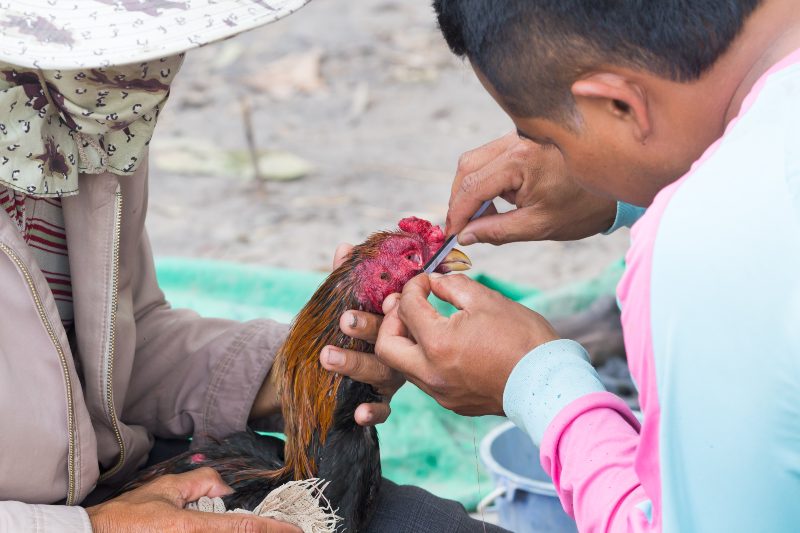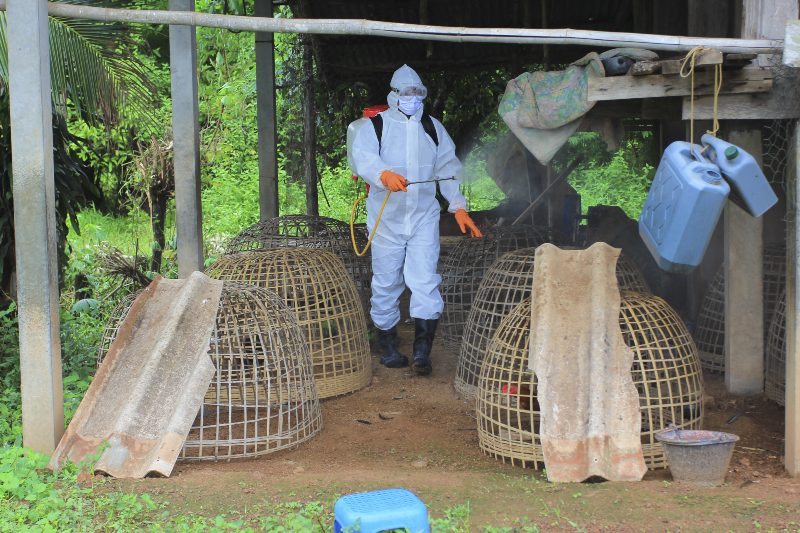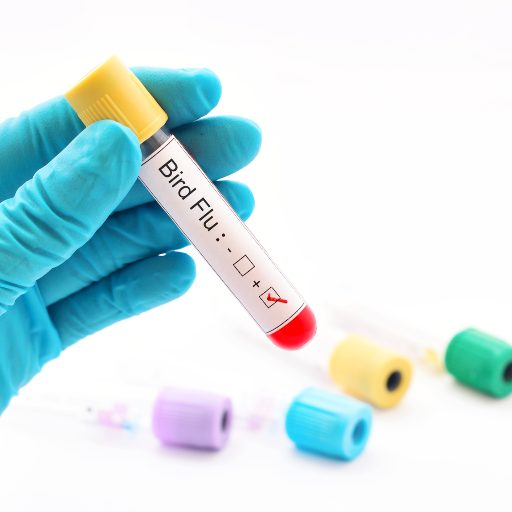Amidst the vaccine drive to flatten the curve of the Covid-19 virus, another outbreak has been doing the rounds and has already affected ten Indian states. The outbreak of Bird Flu in India has triggered the need to address some important questions related to this disease.
-
What Is Bird Flu?
Bird Flu, also known as Avian Influenza, is a viral disease caused by Influenza Type A viruses that generally affect poultry birds like chickens and turkeys. Wild aquatic birds like duck and geese are the primary carriers of Influenza A virus. The virus is essentially spread from water birds who shed it in their droppings. This is how the bird flu virus occasionally spreads to mammals like pigs, horses, cats and dogs.
Domesticated birds may contract the virus if kept in direct contact with the infected poultry or through contact with surfaces that have been contaminated with the bird flu virus.
-
Can Humans Contract Bird Flu?
Although the disease is contagious among birds, humans and animals can also contract it. The influenza is more likely to be transmitted to humans through contact with infected birds and through their droppings and secretions. But unlike in birds, it is not transmitted from human-to-human contact. Poultry farmers and those who come in direct contact with living or dead birds that have been infected are at a higher risk of contracting the disease.

-
Symptoms of Bird Flu
Bird flu symptoms vary from person to person. It can exhibit symptoms of the normal flu as well. While the bird flu virus affects the gut in birds, it attacks the respiratory tract in human beings, causing pneumonia or Acute Respiratory Distress Syndrome (ARDS). The early symptoms of the flu include cold, cough, sore throat, diarrhoea and abdominal pain, discomfort, and muscle ache.
-
What Precautions Can You Take?
According to the World Health Organisation (WHO), the bird flu virus is not a food-borne disease. Poultry or chicken can be suitable for consumption once it is cooked hygienically at 70 Degree Celsius as the virus typically dies when exposed to high temperatures. The Food and Drug Administration (FDA) designed a bird flu vaccine but it will be made public only if the virus starts to spread among people.
Prevention is better than cure. So, wash your hands before and after handling raw poultry and eggs. Wash your cutting board, utensils and surfaces that might have come in touch with raw meat or poultry. You should avoid going to live animal markets or poultry farms to reduce the risk of getting infected with the bird flu virus. Those who work with livestock are advised to wear PPE kits and follow hand hygiene. Wash your hands frequently with soap or an alcohol-based sanitiser and avoid touching your nose or mouth with unwashed hands.

-
How Is Bird Flu Treated?
Symptom confirmation for bird flu virus can be done with a chest x-ray, white blood cell count, or auscultation (a test that detects abnormal breath sounds), that check for infection and assess the functioning of the lungs. Antiviral drugs, including Oseltamivir or Zanamivir (Relenza), can be used for treatment purposes to decrease the severity of the disease. The medication must be taken within 48 hours after the symptoms appear. Although human to human transmission is not common, it is always better for infected patients to isolate themselves to reduce the possibility of others contracting the virus.
Keeping all this information in mind, the best prevention is to stop misinformation about bird flu in India that would create a panic in an already pandemic-afflicted country. Get to know more about improving your lifestyle and focusing on fitness on the Activ Living Blog.





 1800-270-7000
1800-270-7000









